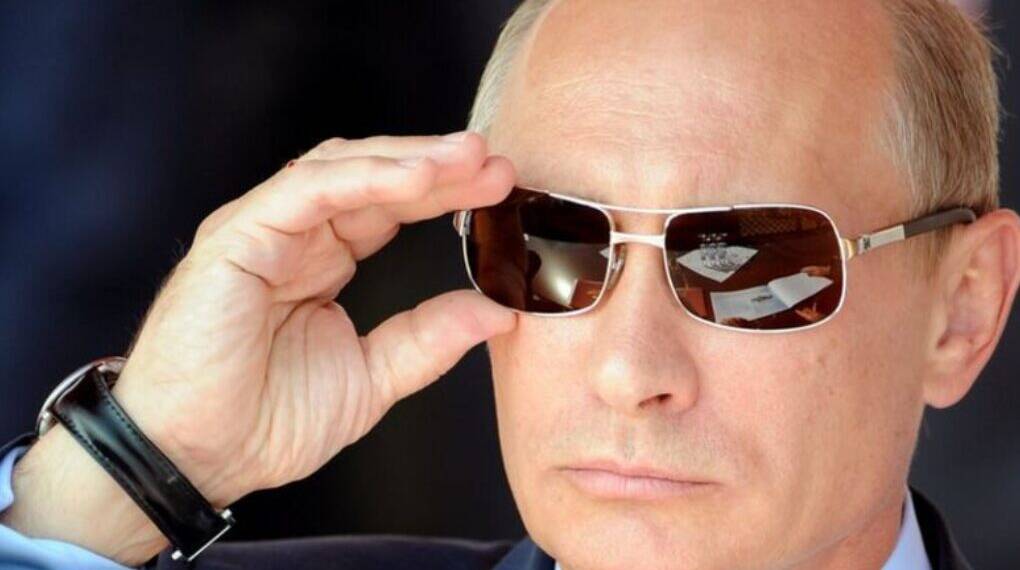Russian President Vladimir Putin has stated that Russia is not opposed to Ukraine’s aspirations to join the European Union, emphasizing that Moscow distinguishes between Ukraine’s potential accession to the EU and its possible membership in NATO.
Putin made the comments during a press briefing in Moscow, where he underlined that Russia’s security concerns are centered on NATO’s military infrastructure near its borders. The EU, he explained, is seen primarily as a political and economic bloc, and therefore does not pose the same type of threat to Russian security interests. “We have no objections to Ukraine developing relations with the European Union. Our position regarding NATO is different, but the EU is another matter,” Putin stated.
A Shift in Tone
Historically, Russia has often grouped both NATO and the EU when criticizing Ukraine’s move toward Western integration. Since the 2014 Euromaidan protests, Kyiv has pursued closer ties with European institutions, a process that was accelerated after the outbreak of conflict with Russia.
Moscow’s annexation of Crimea in 2014 and its role in the ongoing war in eastern Ukraine created deep mistrust, and both NATO and EU enlargement were portrayed in Russian official discourse as part of a Western effort to diminish Russian influence in the region.
Putin’s latest comments mark a more nuanced approach, distinguishing between the military character of NATO and the economic and political role of the EU. While it does not signal a change in Russia’s position on the war in Ukraine, it reflects an acknowledgment that EU membership is primarily a matter of economics and governance rather than military alignment.
Ukraine’s EU Path
Ukraine applied for EU membership in 2022 and was granted candidate status shortly afterward. The accession process is lengthy and requires compliance with strict conditions that cover democracy, the rule of law, anti-corruption measures, and economic reforms. Officials in Kyiv have described EU membership as a strategic objective that anchors the country within the European political and financial system.
For Ukraine, joining the EU is not only a matter of economics but also a symbolic step, representing a decisive break from Russia’s sphere of influence. The process is expected to take years, with multiple stages of negotiation and alignment with EU standards.
The EU’s Stance
The European Union has consistently expressed support for Ukraine’s eventual accession. Senior EU leaders, including European Commission President Ursula von der Leyen, have stated that Ukraine belongs in the “European family.” However, they also stress that reforms are essential and that membership cannot bypass the standard accession procedures.
Despite the ongoing conflict, the EU has continued to strengthen its economic and political ties with Ukraine. Financial assistance, reconstruction plans, and support for institutional reforms are key elements of Brussels’ engagement with Kyiv.
Reactions and Implications
Putin’s statement has been noted by analysts as an important clarification but not necessarily a major shift in Russian foreign policy. While Moscow now frames the EU differently from NATO, the underlying conflict and political disagreements remain unresolved.
Ukrainian officials have responded cautiously, pointing out that Russia’s assurances have at times contrasted with its actions. For Kyiv, the EU accession process is primarily a bilateral matter between Ukraine and Brussels, and not one that requires Moscow’s approval.
For the EU, Putin’s remarks may reduce one layer of tension but are unlikely to alter the overall trajectory of relations, which remain strained by the conflict and sanctions.
Russia’s declaration that it does not object to Ukraine’s EU membership adds a new element to the ongoing discussion about Ukraine’s future. By drawing a clearer distinction between the EU and NATO, Moscow appears to accept that Ukraine’s economic integration with Europe is not inherently a security issue.
At the same time, Ukraine’s path to EU membership will be determined not by Russian approval, but by Kyiv’s ability to implement reforms and meet EU standards. The statement, therefore, represents an adjustment in rhetoric rather than a fundamental change in the dynamics of the Russia–Ukraine–EU relationship.








